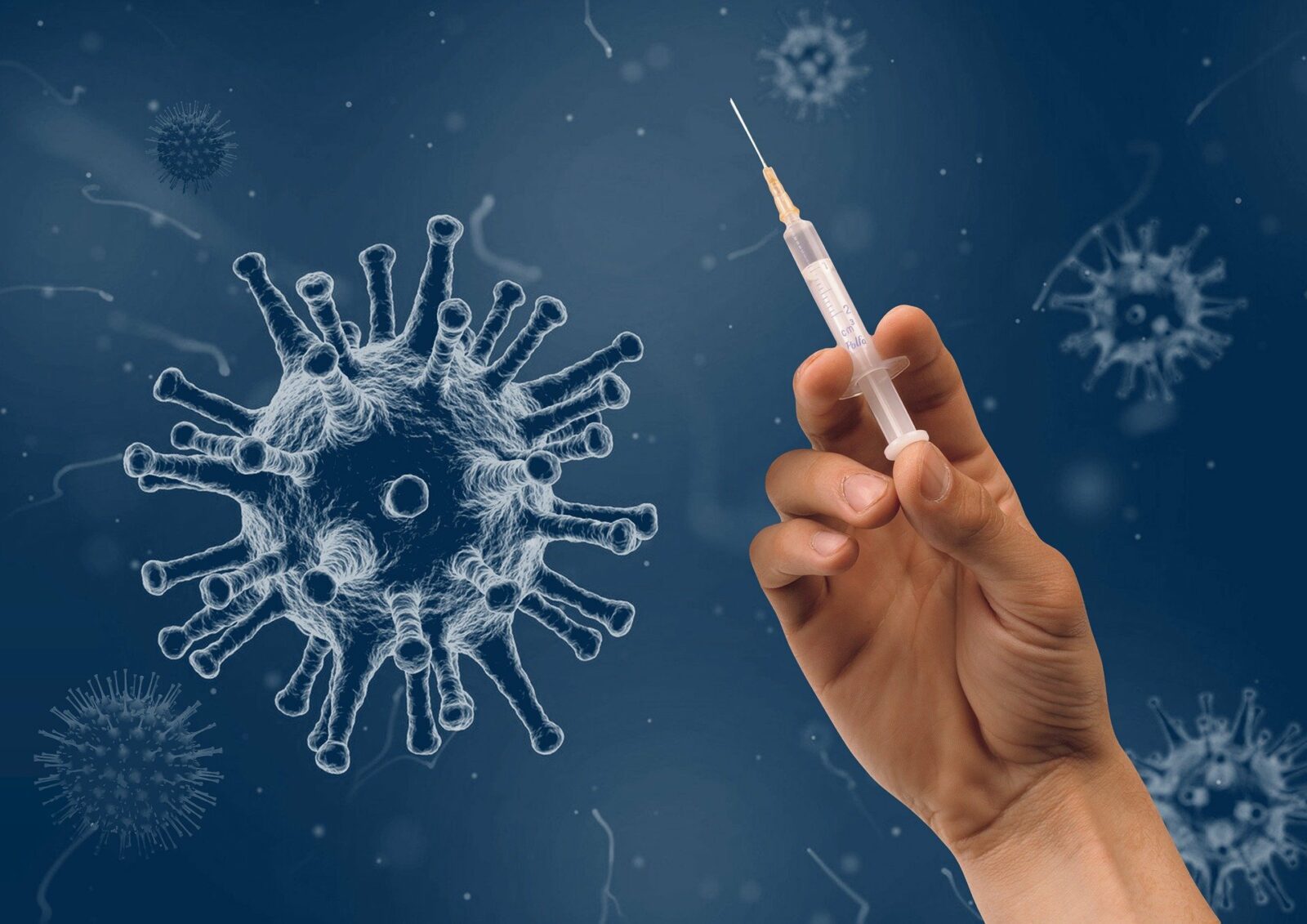According to research published in the international PLOS ONE, countries that use the oral polio vaccine also have a reduced incidence of COVID-19 than those that use inactivated polio vaccine, implying that the oral vaccine could either help stop infection with the serious respiratory virus SARS-CoV-2 at the independent stage or make transmission slower.
While vaccinations against SARS-CoV-2, the causal agent of the present COVID-19 pandemic, are our greatest weapon at the moment, there are still barriers to making and disseminating these vaccines in a number of resource-constrained contexts.
However, studies have indicated that other widely used vaccinations may also provide some protection against SARS-CoV-2. More precisely, vaccinations based on a live but weakened pathogen may activate the natural immune system and provide temporary resistance against a wide variety of other viruses.
Vaccinations against TB, such as Bacillus Calmette-Guérin (BCG), and even oral vaccines for poliomyelitis, a debilitating and possibly fatal illness that strikes children, are instances of such vaccines. Previous research has shown that this vaccine may provide protection against influenza by quadrupling mortality rates with no significant adverse effects.
The study
Is this also true for COVID-19? A study group led by famous US researcher Dr. Robert Charles Gallo theorized that nations that use oral polio vaccination had a lower cumulative COVID-19 case rate per 100,000 population than those who use solely inactivated polio vaccine.
This was research centered on the total number of COVID-19 cases within every nation, the country’s population along with population density, the country’s median age of residents, and birth expectancies. Additionally, the researchers considered the human development index (HDI), gross domestic product (GDP) per capita, and the kind of poliomyelitis vaccination used in each country. Even though the number of COVID-19 tests that were taken every day in each nation would be a more accurate indicator than HDI, the authors cautioned that this data is unavailable in many countries.












Leave a Reply